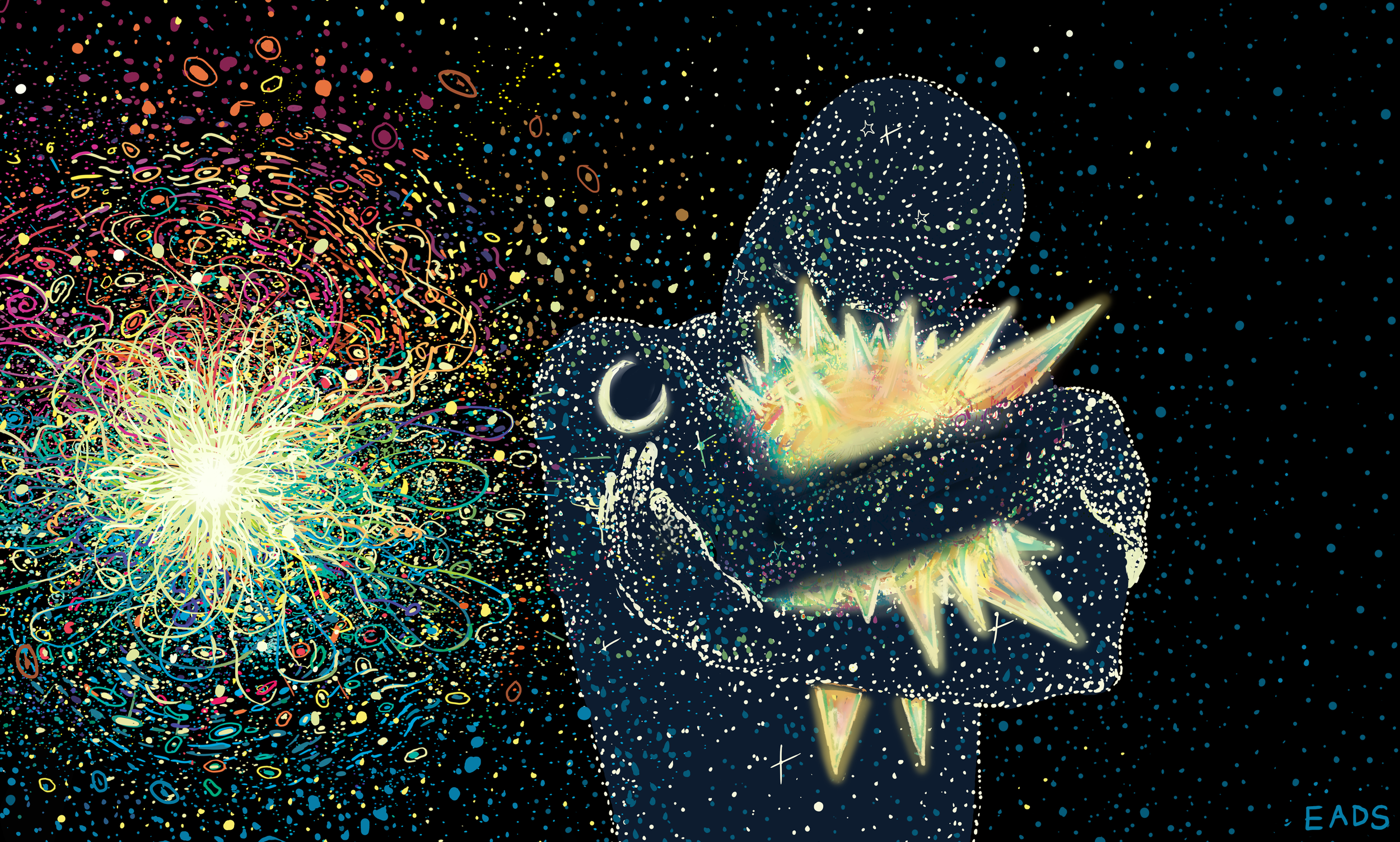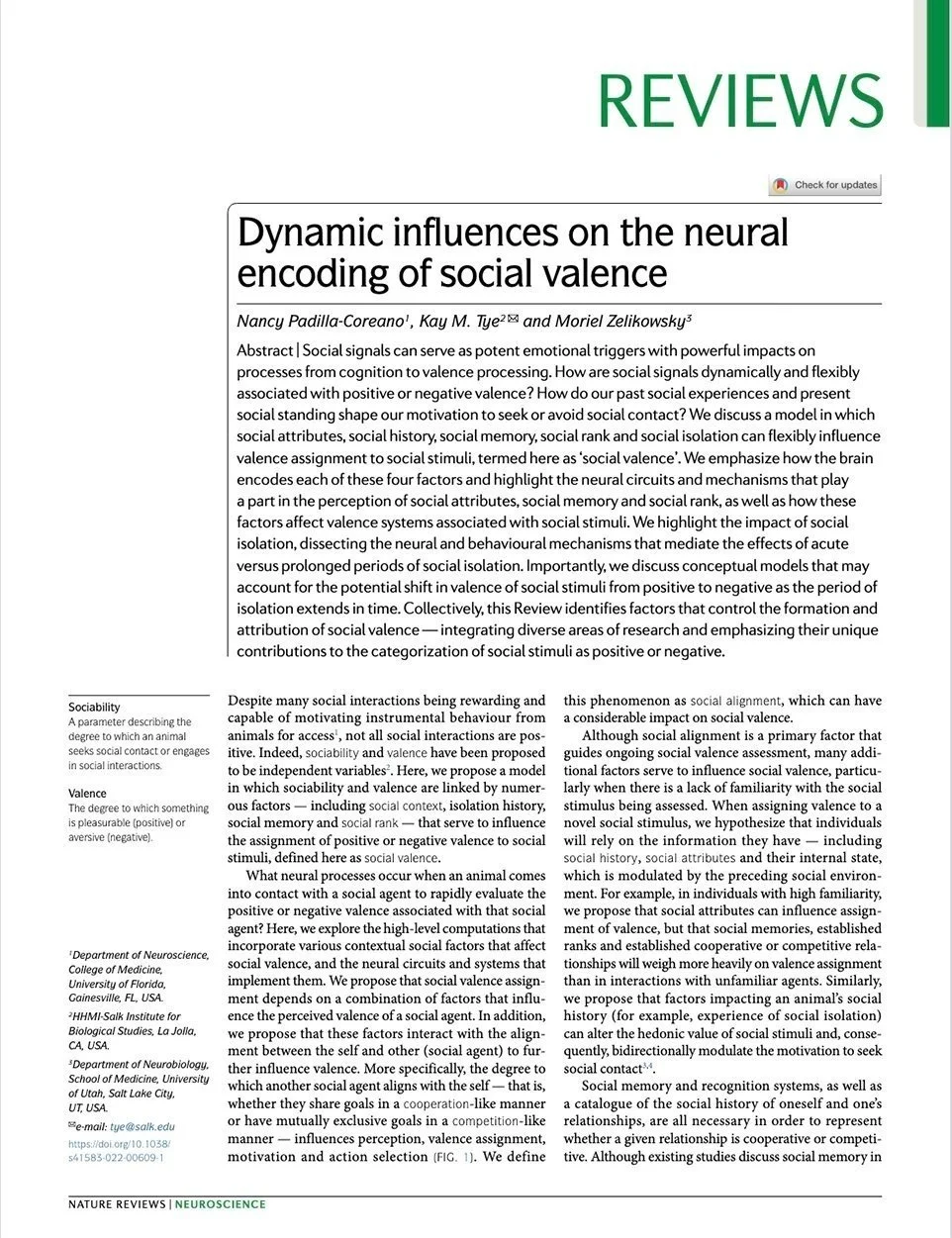The Neurobiology of Social States

Credit: James R. Eads
Welcome to the Zelikowsky Lab at the University of Utah and HHMI.
The Zelikowsky lab examines the neural mechanisms which underlie our social emotional brain. The overarching goal of our research group is to understand how the brain encodes social emotional experiences – such as social isolation, social instability, overcrowding, or acute psychogenic stress – and how, in turn, these experiences can impact subsequent behavior. Using cutting-edge, genetically-targeted molecular tools and techniques to identify, manipulate, and image from specific populations of neurons across the brain, we aim to dissect the neural circuits which mediate social emotional states. These techniques are combined with in-depth behavioral testing, machine learning, and computational analyses to elucidate the impact of social and emotional experiences on various behaviors including violence, fear, mating, sociality and memory.
We find ourselves at an unprecedented moment in history: the social fabric of society, our social connections, have never been more frayed. Yet, we know relatively little about how the brain encodes disruptions to our social connectivity. If successful, our research program will close this gap in knowledge, identifying novel neurochemical targets for the treatment of social-stress related mental health disorders and advancing our understanding of how the brain encodes internal states produced by social emotional experiences.
Our Research
Recent Publications
-

Comparative Perspectives on Neuropeptide Function and Social Isolation
Asahina, K., & Zelikowsky, M., Biological Psychiatry, Volume 97, Issue 10, Pages 942-952 (2025)
-

The BRAIN Initiative: a pioneering program on the precipice
Miller, C., Chen, X., Donaldson, Z., Jones Marlin, B., Tsao, D., Williams, Z., Zelikowsky, M., Zeng, H., Hong, W. Nature Neuroscience, Volume 27, pages 2264–2266 (2024).
-

Dynamic influences on the neural encoding of social valence.
Padilla-Coreano, N., Tye, K. M., & Zelikowsky, M. Nature Reviews Neuroscience, 1-16 (2022).
-

Neuroscience: The sting of social isolation.
Grammer, J., & Zelikowsky, M. Current Biology, 32(12), R572-R574 (2022).




